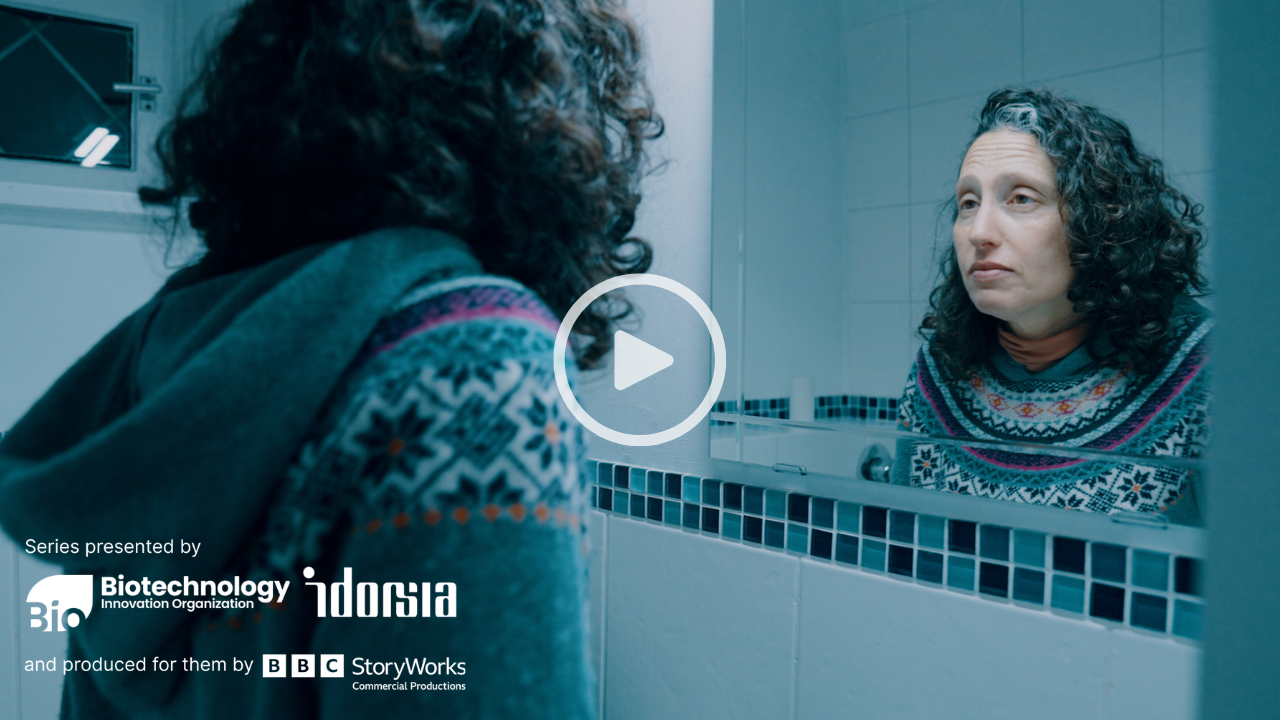Chronic insomnia is more than just trouble sleeping
Chronic insomnia is a recognised medical condition.
Do you have trouble falling or staying asleep? Waking too early in the morning?
Is tiredness impacting your daytime activities and mood?
If this has been going on for at least 3 times a week for the past 3 months or even more, you could have more than just trouble sleeping – you may have chronic insomnia.
Ruth’s chronic insomnia has taken a serious toll on her wellbeing and family life.
Discover her story and learn more about chronic insomnia from her treating physician.
- Ruth’s perspective on living with insomnia disorder
- Expert insights from Dr. Verena van Ginneken, neurologist and sleep specialist
- Opening the conversation with your doctor
Duration: 7 min.
Opens in a pop-up.

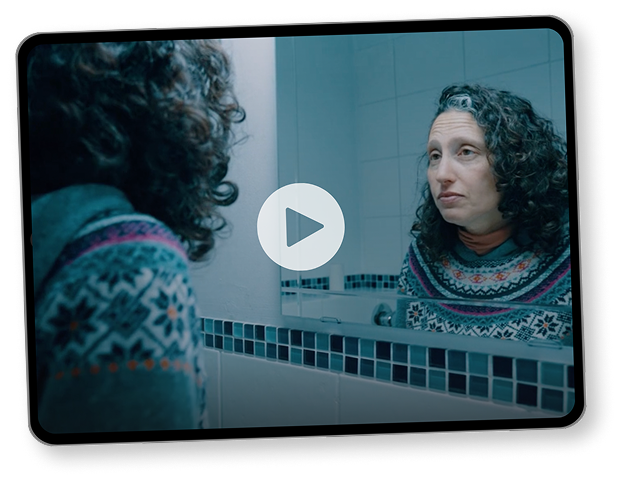
Ruth’s chronic insomnia has taken a serious toll on her wellbeing and family life.
Discover her story and learn more about chronic insomnia from her treating physician.
- Ruth’s perspective on living with insomnia disorder
- Expert insights from Dr. Verena van Ginneken, neurologist and sleep specialist
- Opening the conversation with your doctor
Debbie has been suffering from chronic insomnia for years. Here is her story.
Share:
Where to start with chronic insomnia?
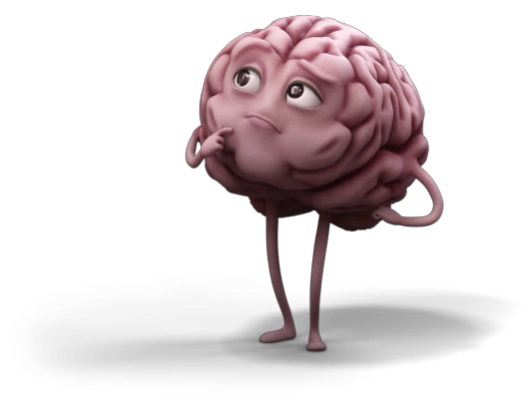
Learn more about chronic insomnia
- What is chronic insomnia?
- How do I know if I’ve got chronic insomnia?
- What can be done about chronic insomnia?
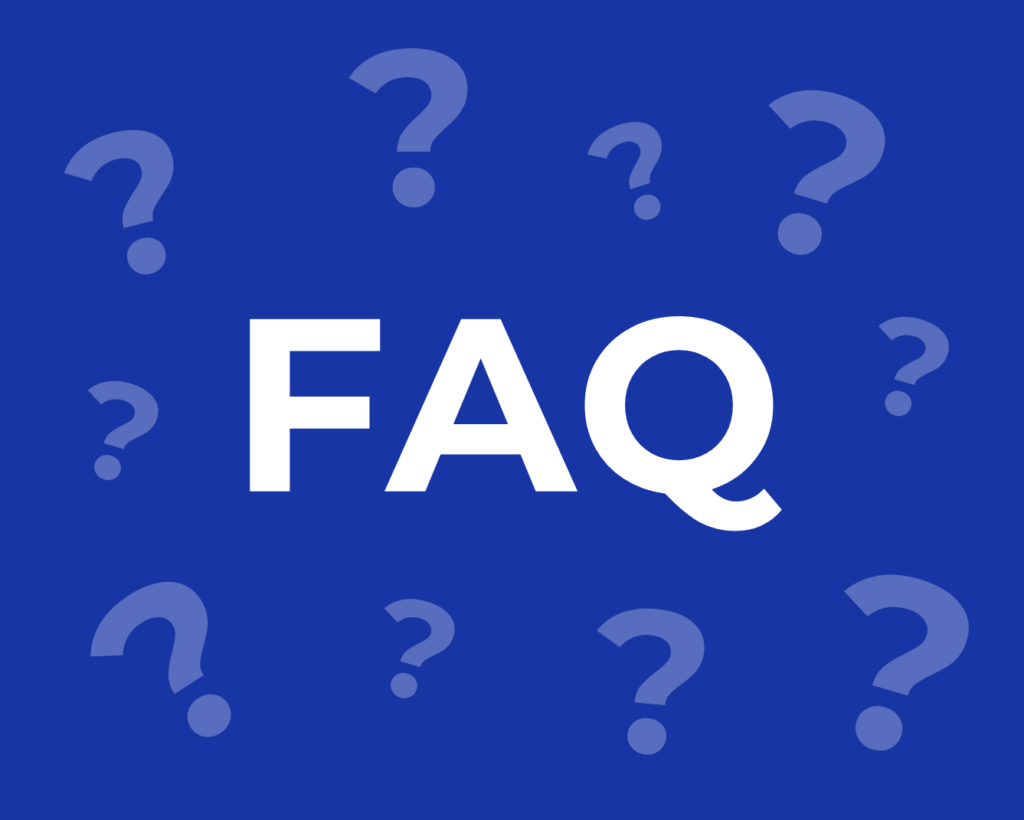
Browse our frequently asked questions section to get answers to the most common questions.
2
Discover ways to better manage chronic insomnia.
- CBT for chronic insomnia
- Over-the-counter sleeping pills
- Relaxation techniques
- Prescription drugs
Talk to your doctor or pharmacist
If you’ve got symptoms of chronic insomnia, talk to your doctor or pharmacist about options that can help you get the sleep you deserve.
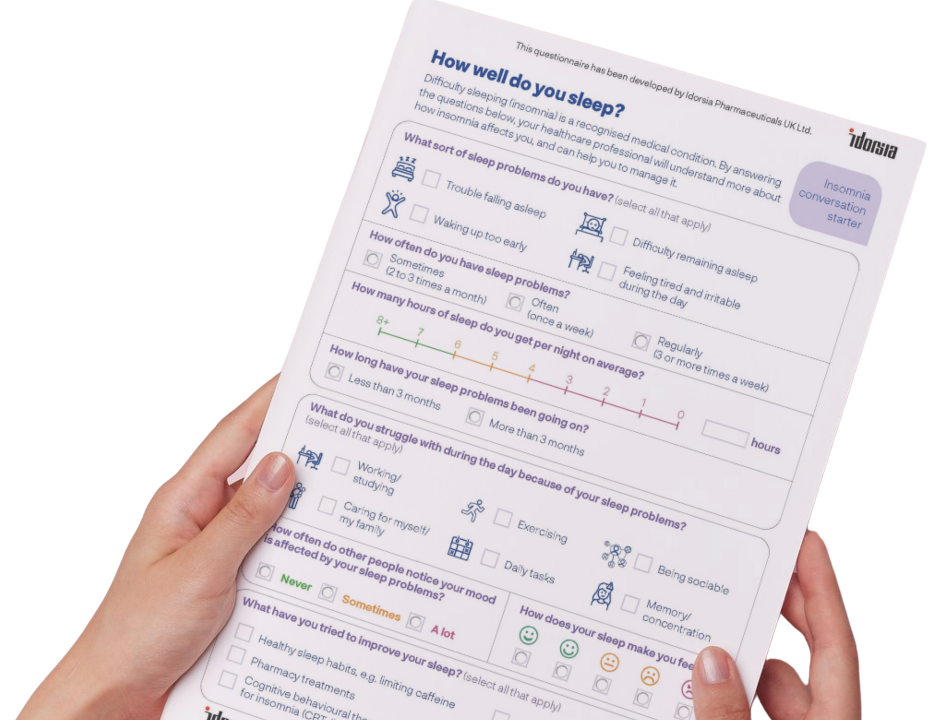
Support your conversation by downloading this insomnia conversation starter.
Facilitate your conversation with your doctor by downloading the conversation starter.
Chronic insomnia not only affects nighttime sleep – it can also significantly impact daytime activities.

Everyone has trouble sleeping now and then. But when trouble sleeping becomes something that lasts for at least 3 times a week for 3 months or longer, it’s known as chronic insomnia.1
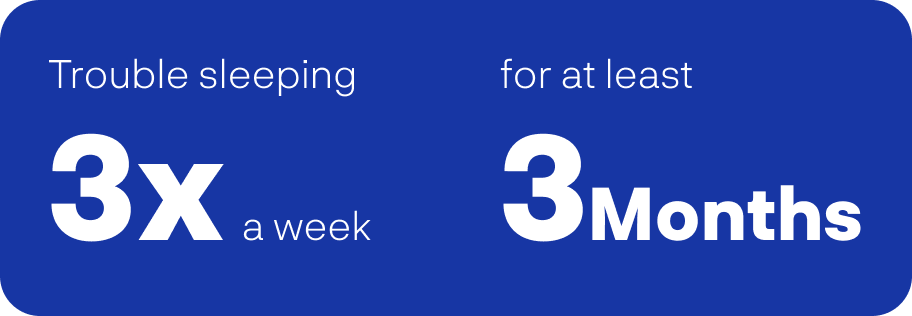

Poor sleep also affects your daytime activity. If you don’t get enough restful sleep at night, it can result in:
- Morning sleepiness
- Fatigue
- Bad work performance
- Reduced social interactions
- Poor concentration
- Irritability and bad moods
Sleep hygiene matters
Chronic insomnia isn’t something you can fix by just changing your sleep habits.
With chronic insomnia, it’s important to maintain good sleep hygiene. This means having the right sleep environment for you, and a sensible sleep routine too.
This is an external link to an NHS website
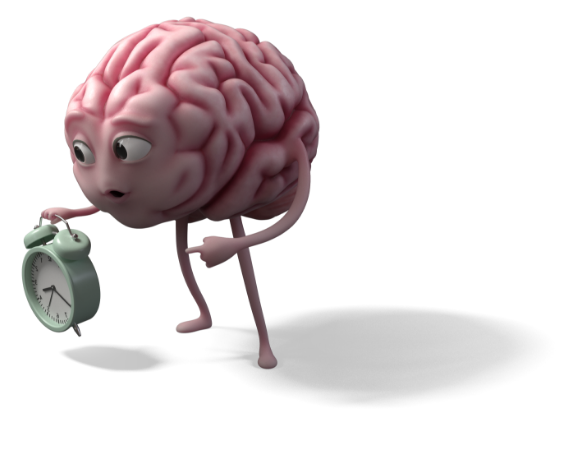
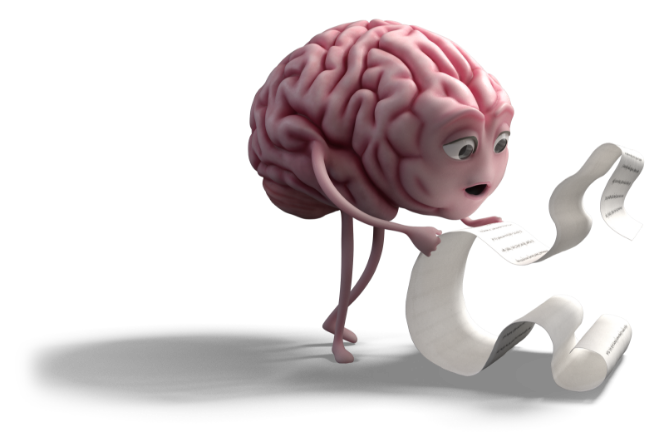
What does an overactive brain have to do with chronic insomnia?
Chronic insomnia has been misunderstood for a long time. But now we know what may be behind it.
Science suggests that people with chronic insomnia have an overactive brain at night. Parts of the brain that should be in sleep mode are instead still active making it hard to fall asleep and stay asleep until morning.
Without restorative sleep you may feel tired and not really at your best during the day.
Support your conversation about chronic insomnia with your doctor or pharmacist

UK-IDS-00066 | Date of preparation: September 2025
